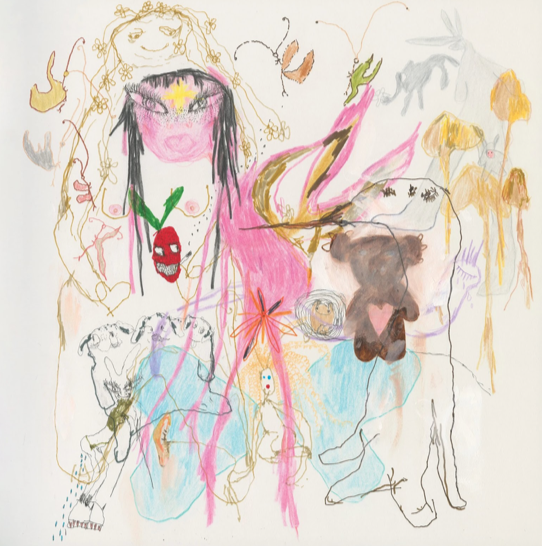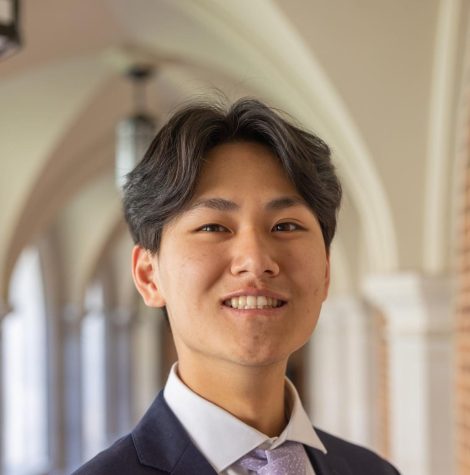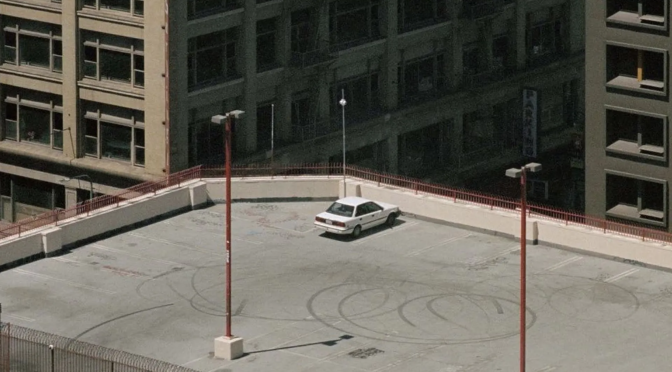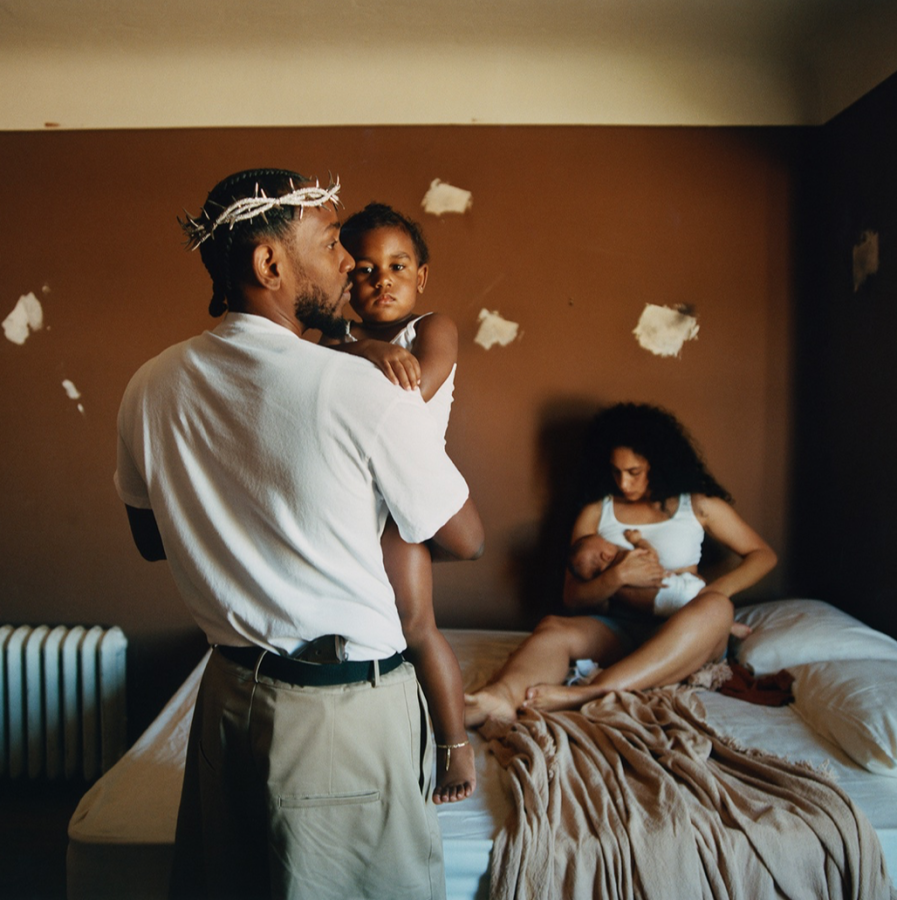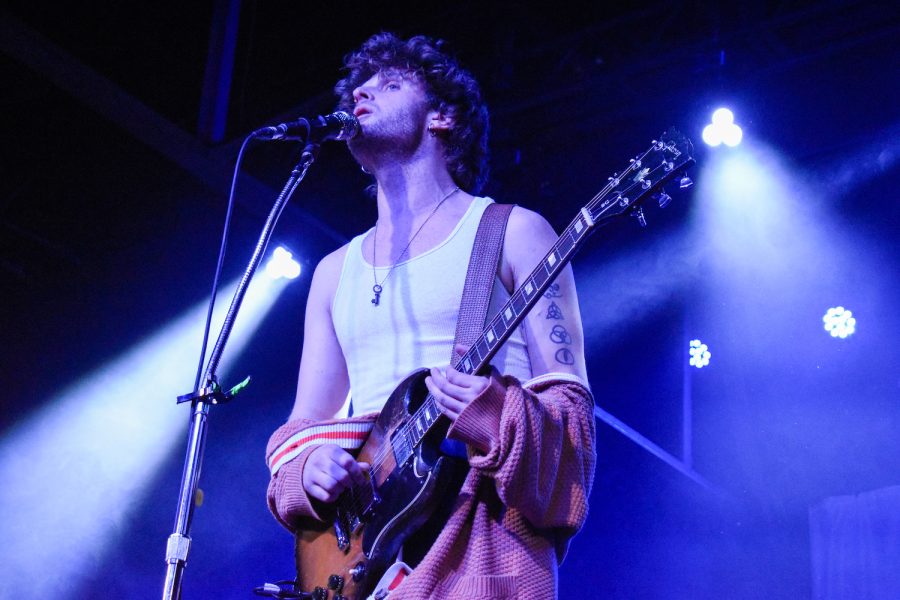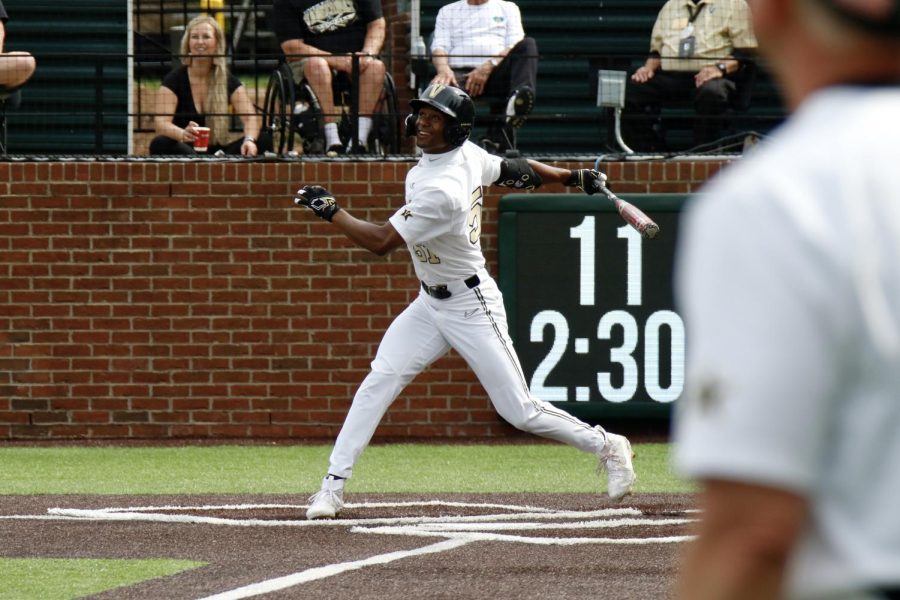Fifteen years ago, a seven-year-old Beatrice Laus’s world came crashing down when her intricately crafted, imaginary world of Beatopia was unceremoniously ripped away from her when it was discovered and ridiculed by her teacher and classmates. Her peers aggressively dismissed Beatopia, which was composed of continents, cities and even its own alphabet, as a series of immature scribbles. But for Laus, it was a sacred haven from the prejudice and ostracization she endured as a Filipino immigrant starting from scratch in the strange land of south London.
A decade and a half later, Laus–now the beloved indie rock phenom Beabadoobee–welcomes listeners into her fantasy land on her own terms with the release of her sophomore effort “Beatopia.”
The album’s lush and acoustic-soaked soundscapes mark a departure from her louder and punchier debut album, “Fake it Flowers.” “See you Soon” is a dreamy ballad about discarding her burdens that draws inspiration from the emotionally freeing highs of her first shroom trip. In comparison, “Ripples”–a wistful reflection on how she coped with her unprecedented ascent to stardom highlights the undercurrent of intimacy that shines through even the zestiest of Laus’s past work has taken center stage in “Beatopia.”
Yet, the sincerity of her music is most prominent in her more eclectic musical selections on the album. Breaking out into a samba is the last thing that comes to mind when contemplating the hatred of a kindred spirit rooted in self-loathing, but Laus deftly marries the two in “the perfect pair”–a bossa-nova fuelled cut that creates a danceable, yet frantic mood and pairs perfectly with the track’s emotionally conflicting subject matter.
On the other hand, “10:36” is a return to her grungier roots as she croons about what she referred to in a press release as a “weird dependency on human contact to sleep” over the pulse of a buzzy guitar riff reminiscent of the beeps of an alarm clock. The track is occasionally interjected by a catchy cheerleader-esque chant: “I don’t want to! yeah! yeah!” This addition further illustrates Laus’s struggle to reconcile her need for physical intimacy with her desire for independence.
What was once a private escape from the hardships of the outside world is now a sonic sanctuary for repressed thoughts and emotions open for all willing to lend an ear. “Beatopia” is self-acceptance at its most musically cathartic, and a trip worth taking.

